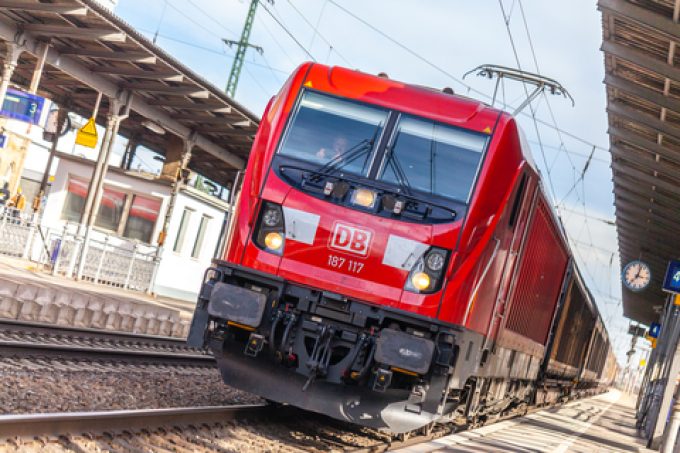CMA CGM South Korean staff strike over bonuses after bumper 2024 profit
CMA CGM’s employees in its South Korea office have gone on strike for increments and ...

European shippers are facing more chaos on the tracks, with German train drivers’ union GDL launching its third strike in less than a month, amid an ongoing pay dispute with Deutsche Bahn (DB).
Sources told The Loadstar that up to 70% of all rail freight movements ...


Comment on this article